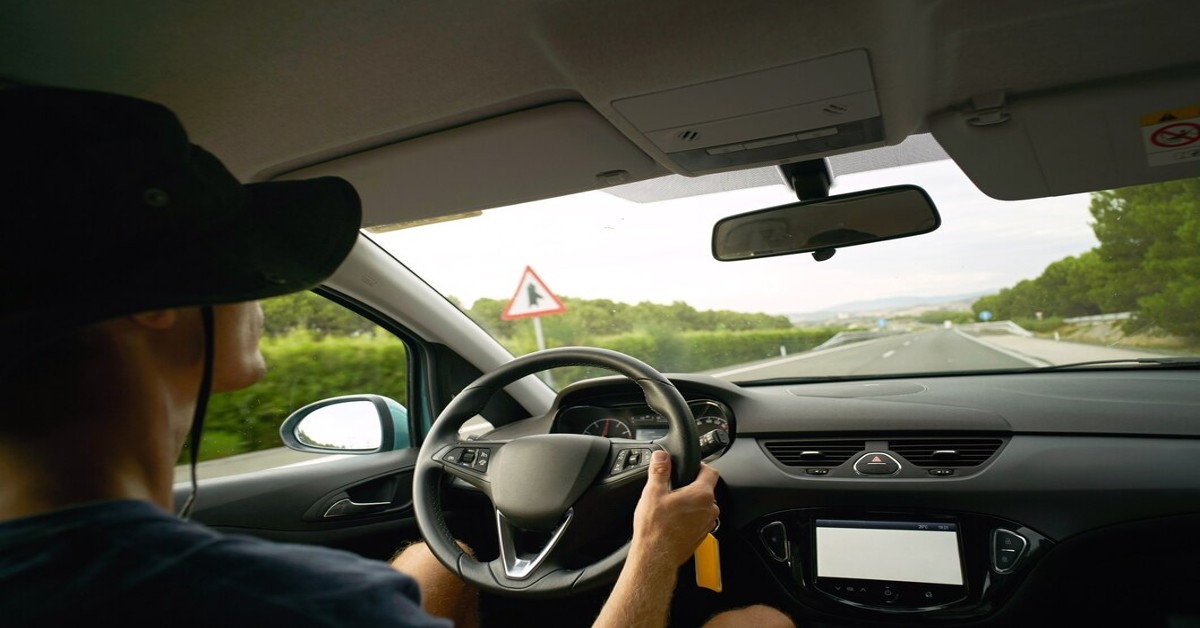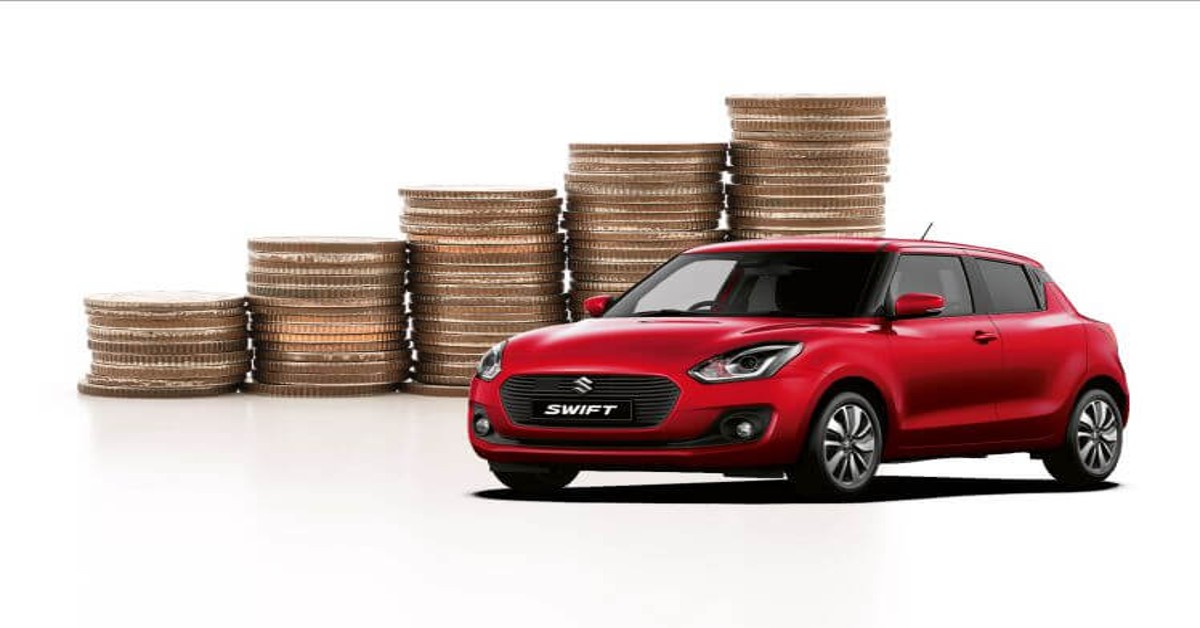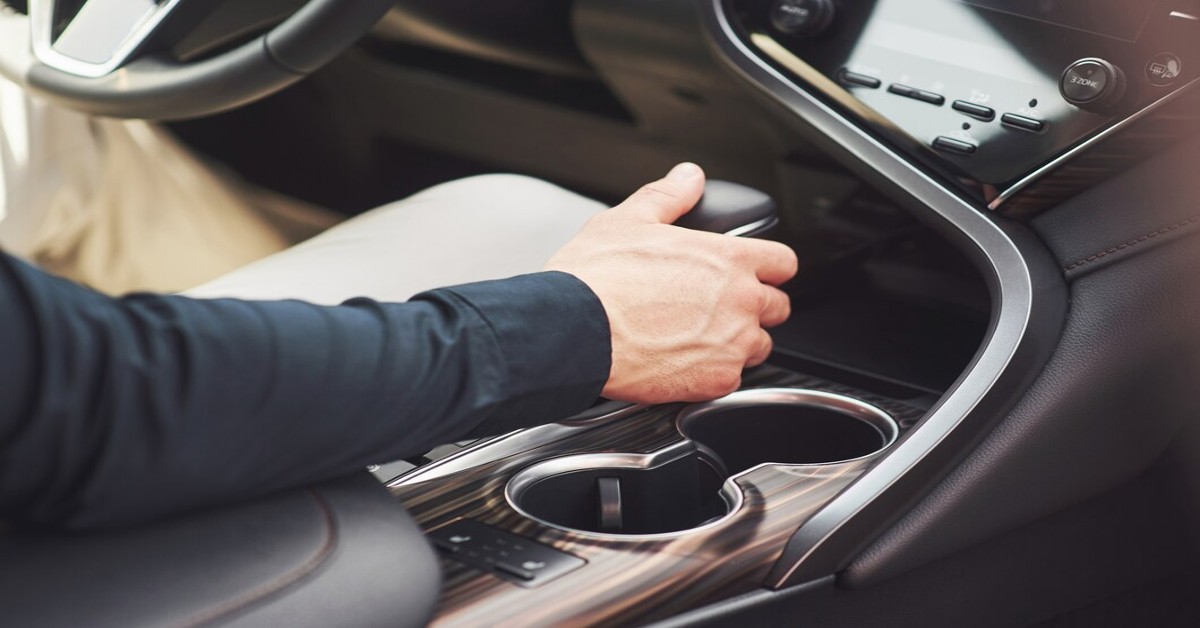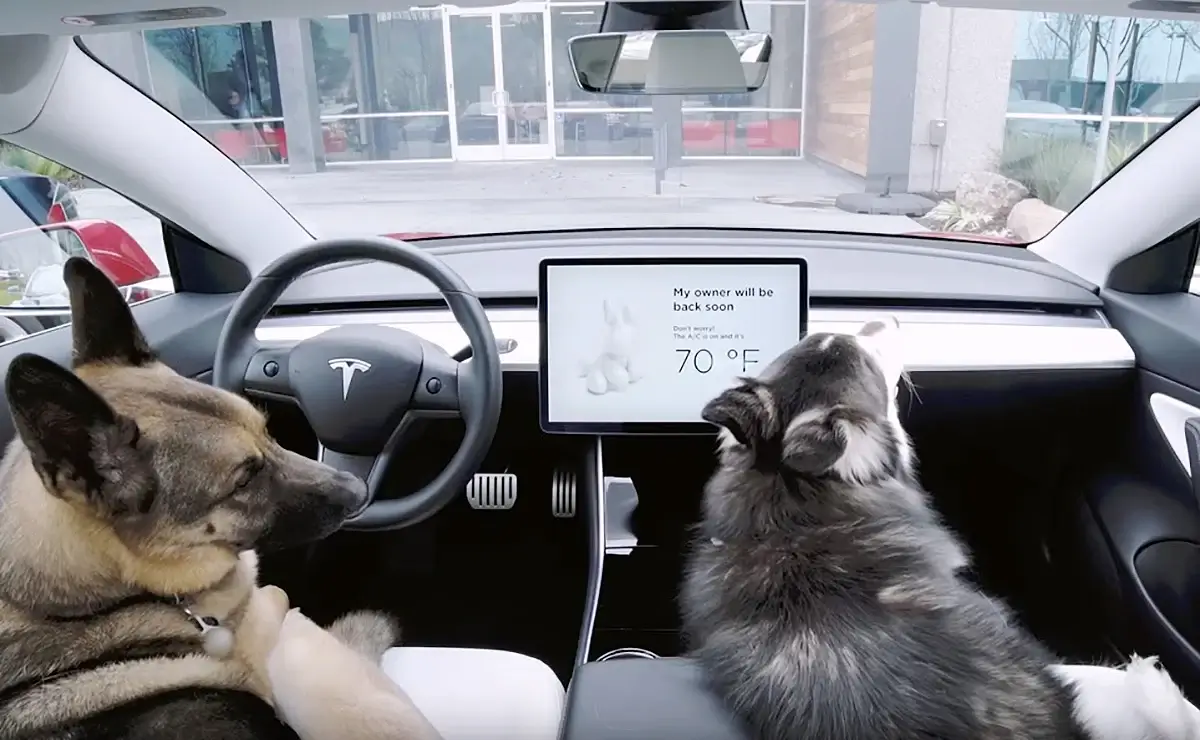Sometimes we make mistakes without even realizing them. And this could be anything from the type of situation were in, not caring for the small details, or simply just not knowing any better. There’s a lot of misinformation out there on the best practices for driving and though you might think taking care of your vehicle with timely servicing, quality maintenance, and the utmost diligence would be enough, in reality, there could be certain habits that could potentially be sneaking in harm to your vehicle and setting it up for an unexpected repair. So it’s important to know the different pain points and silent killers for your car that you yourself might be in the habit of.
Table of Contents
Not Using Parking Brake
While it is true that the parking or emergency brake acts as a backup braking mechanism in case the primary brake system fails, its use however in no way is exclusive to that. The parking brake is a crucial component of the braking mechanism which most people don’t use often enough. Leaving the car on neutral without engaging the emergency brake might seem like a trivial affair, a detail for the pedant. But the fact of the matter is most people who care less about not using the hand brake don’t realize what they’re putting their car at risk of.
It’s a tiny detail of the small object inside your transmission that supports your car while it’s standing still called the parking pawl. When the vehicle is left on the parking pawl, the entire weight shifts on this small latch that locks the transmission. This obviously puts a lot of strain on the tiny object and so using the parking brake, especially on a slope is a better idea.
Cruising Downhill In Neutral
There is more than just one thing wrong with the idea of using neutral downhill. The founding logic behind this technique is that the engine will not be running, hence not using gas. And though it might seem convincing, the actual truth is far from it. Disengaging the engine momentarily does very little to save fuel. In fact, in modern direct fuel injection systems, it is the same amount of consumption as idling. But besides its failed logic, the idea of cruising on pure momentum is even more silly and dangerous.
First off, disengaging the engine from the wheels, causes a loss in control that you would otherwise have which could have led to potentially disastrous consequences. In the wake of lost control, the other component of the vehicle you’re most likely to damage are the rotors and brake pads. When the vehicle is literally freefalling on momentum, considerable speed and hastily slamming the brakes can cause substantial damage to the braking system.
Unnecessarily Flooring The Throttle
While there is nothing wrong with a little bit of a thrill from speed, it becomes a problem when you do it frequently and in a rash manner. If you’re one to completely floor the throttle when accelerating even with close driving cars, you not only put the drivers around you at risk but are also creating extreme amounts of stress on your drivetrain, transmission, and when stopping the vehicle suddenly, to your braking system.
Resting Your Hand On The Gear Selector
It is one of the more easy habits to fall into in manual cars, not necessarily for the comfort of having an armrest but simply because most people don’t understand the significance of doing it. Underneath the gear selector lever, the transmission system holds the shifter rail which has the gears moving continuously. The forks near it are always looking to mesh and change gears. So any force applied on the gear lever when the vehicle is in motion causes the synchronizers to mesh with gears. The pressure with which the gears are hurt might be slight but in the long run, it does have an effect on the transmission and make it weaker.
Letting The Fuel Metre Go Low Frequently
If you’re someone who likes to refill their gas tank only when you really have to, then you might be looking at some heavy internal repair down the road. While for some refilling the tank on low every time but doing it frequently, certainly doesn’t help the internal components of the fuel system. When the vehicle is running low on fuel, the fuel pump has to work harder to siphon fuel with adequate pressure from the tank. Consequently, it also picks up any sediments or impurities lying around in the gas tank which then either clogs up the fuel filter or gets stuck in the injector nozzles.
Suddenly Shifting From Reverse to Drive
By now you should know, anything done in haste is going to spell trouble for your transmission. Jolting your car from drive to reverse while it’s in motion is as bad as braking suddenly on a steep slope. The impact from such activity not only damages the transmission but deals a heavy blow to the powertrain and axle as well. It is advised to take it slow with the transmission. An activity such as parking where you would need to switch between drive and reverse should anyway be done with care.
Riding The Clutch
You’ve probably heard this one a million times before but quite surprisingly this bad driving habit is one most people don’t even know the actual meaning of. It is a problem more common among beginner drivers in which they tend to forget to take their foot off the clutch. The clutch is meant to be depressed all the way down when shifting gears after which the foot should normally be lifted off.
But drivers that are still learning the basics around driving and the ones stuck in heavy traffic can sometimes become cautious and in an attempt to be ready to change gear, keep the clutch pedal depressed halfway down. Now, this might not be damaging in the immediate moments but if it has been a long-standing habit of yours, it could potentially cause accelerated wear on the transmission.
Revving The Engine Before It Is Warm
Flooring the throttle on startup is sort of a pointless thing to do. You may find it gratifying in some sense but there’s really no real reason besides if you like the sound of your V-12. However, there is a good reason why you should not do it – Especially when the engine is cold or the weather is.
When an engine begins its first set of rotations, the engine oil, which is meant to circulate around, doesn’t fully reach over and lubricate the moving parts completely. It takes a while for the engine oil to get warmed up and properly lubricate the engine. In such a situation, revving the engine will cause the moving parts to mesh around with greater intensity and lead to unnecessary damage.
Ignoring Dashboard Warning Lights
The check engine light could mean a host of different things. The dash can illuminate for something like low engine oil to any kind of malfunction in the system. It usually signals a problem that needs to be tended to immediately but unfortunately, a large majority of people often seem to make light of the check engine light. They may not take the warning as promptly as the gravitas of the problem might be. For example, if a check engine light comes on and the problem the system is trying to inform about is a head gasket leak, then a dilatory viewpoint might not work in the best interest of the driver.




